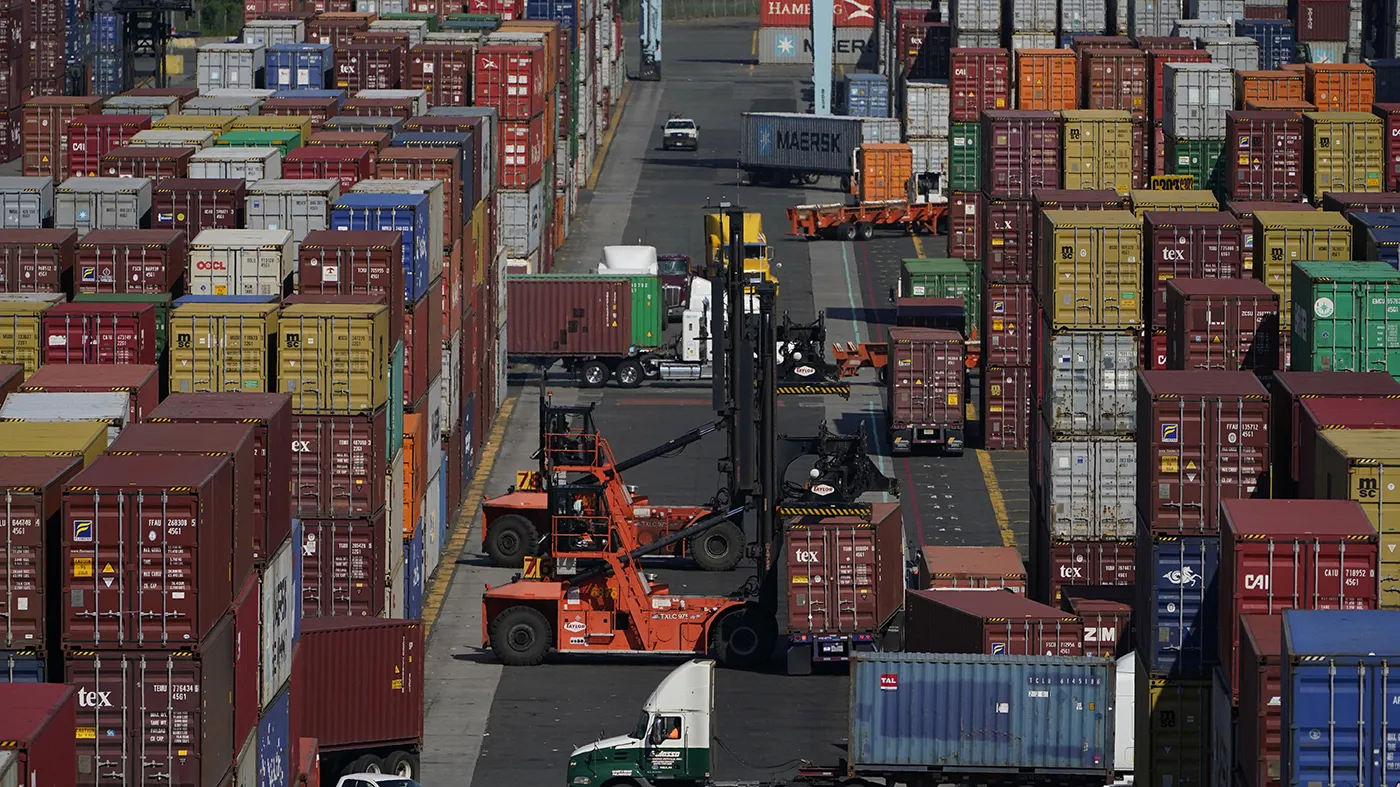Port Workers Strike: A First in Nearly 50 Years

Port Workers Strike: Unprecedented Labor Action
Tens of thousands of longshoremen at ports along the East Coast and Gulf of Mexico went on strike shortly after midnight. This marks the first strike by the port workers’ union in nearly 50 years. Workers have walked off the job from Maine to Texas, with the Associated Press among others reporting this significant event.
The strike follows failed negotiations between the United States Maritime Alliance (USMX) and the International Longshoremen's Association (ILA). Both sides were unable to reach an agreement before the midnight deadline, leading to this unprecedented labor action.
Economic Impact of the Strike
The economic implications of this strike are severe. Estimates suggest the cost could reach up to $5 billion daily, depending on the duration of the strike. The Conference Board estimates a cost of around $540 million per day. The ILA has been advocating for higher wages and a ban on automation.
- Teamsters General President Sean O'Brien expressed solidarity with the union.
- Negotiations had previously broken down over automation concerns.
- Many retailers are preemptively diverting shipments through other ports.
Political Reactions and Challenges
- President Biden urged for a swift resolution but refrained from invoking the Taft-Hartley Act.
- Some lawmakers criticized the administration for not intervening to protect the economy.
- Support for the longshoremen came from various political figures advocating for fair pay and minimal economic disruption.
As the strike continues, the potential for economic disruption looms large, with the ongoing conflict illustrating the struggle for workers' rights in the face of corporate interests.
Disclaimer: The information provided on this site is for informational purposes only and is not intended as medical advice. We are not responsible for any actions taken based on the content of this site. Always consult a qualified healthcare provider for medical advice, diagnosis, and treatment. We source our news from reputable sources and provide links to the original articles. We do not endorse or assume responsibility for the accuracy of the information contained in external sources.
This article was prepared using information from open sources in accordance with the principles of Ethical Policy. The editorial team is not responsible for absolute accuracy, as it relies on data from the sources referenced.